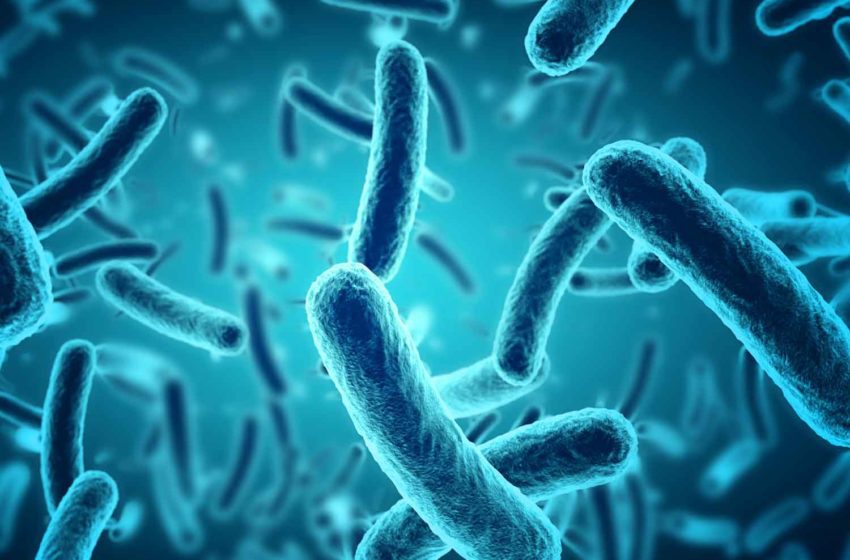
Chinese and U.S. scientist have identified a bacteria in the human stomach that can degrade nicotine, reports the Xinhua News Agency, citing a new study published in Nature.
A colony of gut bacteria was found to have reduced intestinal nicotine concentrations in nicotine-exposed mice.
Nicotine is known to activate an intestinal molecule called AMPKα. These molecules contribute to the progression of non-alcoholic fatty liver disease (NAFLD), according to the study.
The authors suggest that Bacteroides xylanisolvens can help reduce smoking-exacerbated NAFLD progression.
The study involved researchers from Peking University, Zhejiang University, Fudan University, the First Affiliated Hospital of Wenzhou Medical University and the U.S. National Institutes of Health.

